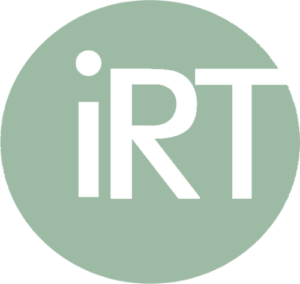Reality Tour is a volunteer-driven substance abuse prevention program that is presented to parents and their children (ages 10-17) in a community setting over the course of one approximately 3-hour session. Trained community volunteers present testimonies from individuals with a history of addiction, information on drugs, coping, and refusal skills, and an opportunity for families to hear from law enforcement personnel and ask questions. The overall goal is to increase children’s negative attitudes toward alcohol, tobacco, marijuana, and other illicit drugs, as well as their perceived risk of harm from use of these substances.
Project Venture
Project Venture is an outdoor experiential prevention program designed primarily for 5th- to 8th-grade American Indian youth. The program is designed to foster the development of positive self-concept, effective social interaction skills, a community service ethic, an internal locus of control, and improved decision-making and problem-solving skills. Students participate in classroom-based activities, experiential activities such as camping and hiking, adventure camps and wilderness treks, and community service learning. The overall goal is to develop the social and emotional competence that facilitates youths’ resistance to alcohol, tobacco, and other drug use.
Project Towards No Drug Abuse
Project Towards No Drug Abuse (Project TND) is a school-based prevention program for high school youth. Twelve 40-minute interactive sessions are taught by teachers or health educators, and have been used with both high-risk traditional students across school settings. The curriculum focuses on self-control, communication, and decision-making skills that help teens to resist drug use. Students also learn how to acquire resources to help them resist drug use and develop the motivation to not use. The overall goals are abstinence from alcohol, tobacco, and drug use, as well as reducing the risk of victimization and the frequency of weapons-carrying among students.
Project SUCCESS
Project SUCCESS (Schools Using Coordinated Community Efforts to Strengthen Students) is designed to prevent and reduce substance use among students 12 to 18 years of age. The four-part program includes education about substance use and consequences, school-wide activities to change social norms about substance use, a parent education component, and individual and group counseling for students and parents.
Project Northland
Project Northland is a school- and community-based multilevel prevention program for adolescents in grades 6-8. Lesson content involves students, peers, parents, and community members with home-based curriculum for families and peer- and teacher-led curriculum in the classroom. Student-parent homework assignments, in-class discussions, skills training, and role-plays, and community-based projects comprise the program. The overall goals are to delay the age at which adolescents begin driving, reduce alcohol use among those already drinking, and limit the number of alcohol-related problems among young drinkers.
PRIME For Life
PRIME for Life (PFL) is a motivational intervention for adults, and has been used primarily among court-referred impaired driving offenders. Trained instructors use multimedia, guided instruction, and motivational interviewing techniques to increase participant motivation to change their perceptions of the risks of drug and alcohol use. The overall goals are to reduce risk of alcoholism or addiction, reduce intention to use substances, and reduce substance use-related crimes or delinquency.
